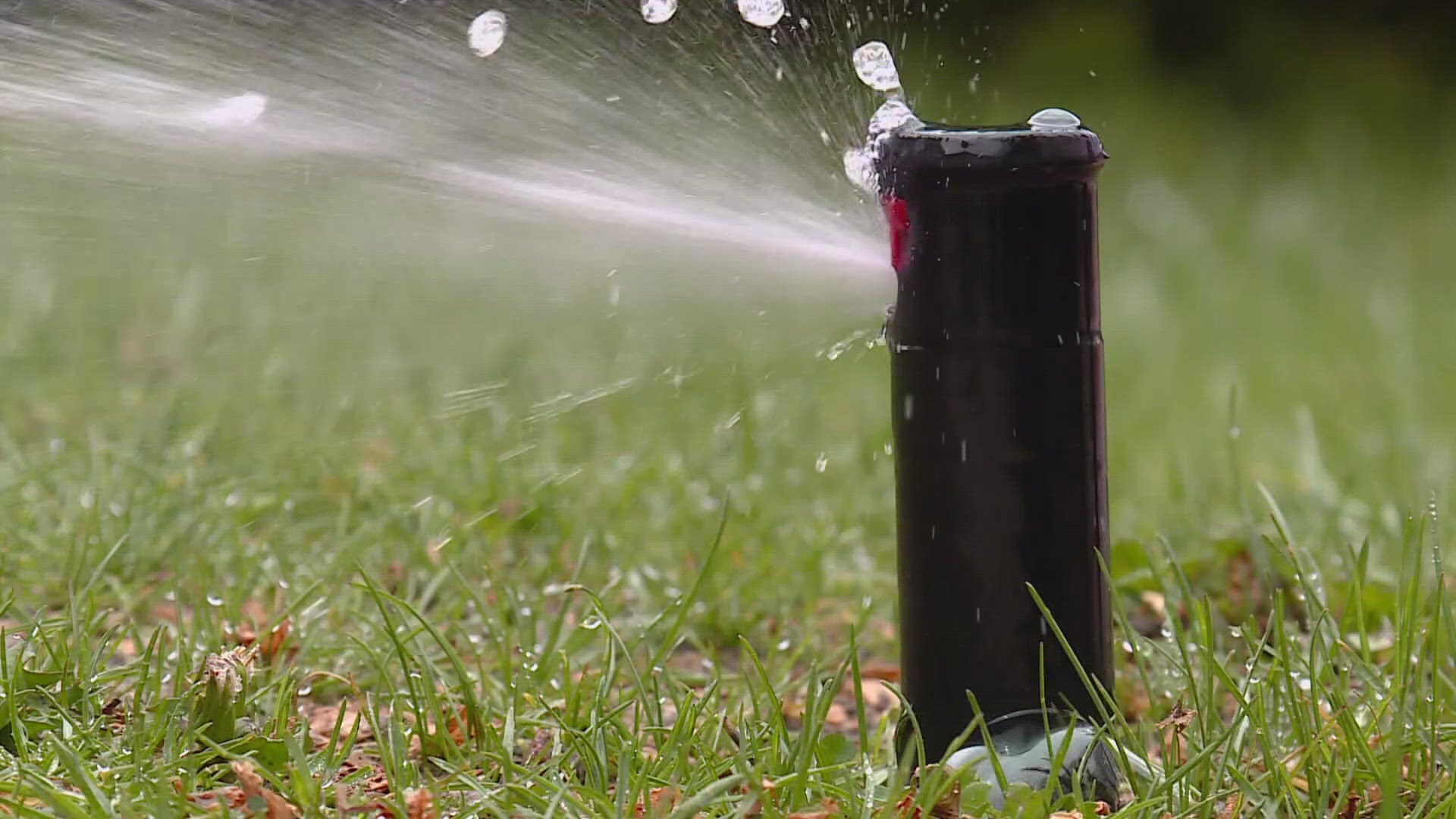DENVER — Colorado’s plumbing regulatory board held an emergency meeting Wednesday to try to figure out a solution that some in the industry say could lead to water shutoffs and pricey bills for a standard procedure.
The new law requires anyone inspecting, testing or repairing a backflow prevention device to have a license. Previously, professionals only needed a plumbing license to install or remove a backflow prevention device.
A backflow prevention device prevents used water from entering the public water supply. They are common on residential sprinkler systems, but the prevention devices are also common on commercial buildings where they serve multiple purposes. Some water districts require commercial buildings to test their backflow preventers frequently.
The change caught many in the backflow prevention industry off guard. Colleen Morrison with Morrison Backflow Testing said she learned about the new law, which went into effect on July 1, on June 14. She said she called her contacts at Denver Water who said they had not heard about the change either.
“If we test the domestic backflows, we're breaking the law,” Morrison said.
She said the change in the law eliminates 44% of her business, puts her employees at risk and puts the public at risk if bad water enters the water supply.
It also will increase costs to her customers who have to find help in a limited pool of licensed plumbers who can do the work elsewhere.
“My customers are probably going to pay three times as much,” Morrison said.
Morrison said any professionals currently working on backflow preventers already go through a rigorous certification process to make sure they can do the work.
“A 40-hour training course, they have to take a 100-question multiple choice closed book test, they then have to go one-on-one in front of a proctor and show that they can test this backflow without any problems,” she said. “So, it's not like we just have people out there that are you know, go walking up to a backflow going, 'Oh, I think I can test this.'"
What happened
Democratic Rep. Sheila Lieder from Littleton, who sponsored HB24-1344, told 9NEWS Thursday that the change in law was an unintended impact of a larger plumbing regulation bill prompted by a sunset review of previous regulation.
“Unfortunately, during the legislation's five public hearings held last March and floor debates, none of these concerns were brought forward, making it difficult to incorporate feedback until the next legislative session,” Lieder said in a statement to 9NEWS Consumer Investigator Steve Staeger.
Republican Sen. Byron Pelton from Sterling, who co-sponsored the bill, told 9NEWS a plumbing union entered the negotiations on the bill and got the language added to the bill.
“The current systems have worked for years, and if there had been any public harm, it would have been a recommendation by DORA,” Sen. Pelton told 9NEWS. “Rest assured, I will continue to work with our state’s plumbers and small businesses to resolve this issue swiftly at the start of the next legislative session.”
In a joint statement Wednesday, the Colorado Department of Public Health and Environment, the agency that regulates water quality, and the Department of Regulatory Agencies, which licenses plumbers across the state, said the change is “not in the best interest of public health and water utility compliance.”
“The departments are working together to determine how best to restore alignment in the statutory/regulatory framework as it relates to public water utilities in both the short-term and long-term.”
The emergency meeting
Morrison said she left the emergency meeting on Wednesday discouraged by a lack of action by the state plumbing board. The board made some minor clarifications but didn’t change much.
“They said 'Okay, well, you guys can test backflows that are owned by municipalities,'" Morrison said. “If you happen to be a vendor for that municipality, and they own those locations, well, that's not going to be very many.”
Both Pelton and Lieder committed to fixing the legislation, but their action would have to wait until the next legislative session in January.
Morrison hopes the board grants businesses like hers more latitude during rulemaking in August. But until then she said she’ll have no choice but to follow the letter of the law and keep away from the work.
Have a tip for Steve On Your Side? Send it to Consumer Investigator Steve Staeger.
SUGGESTED VIDEOS: Next with Kyle Clark

